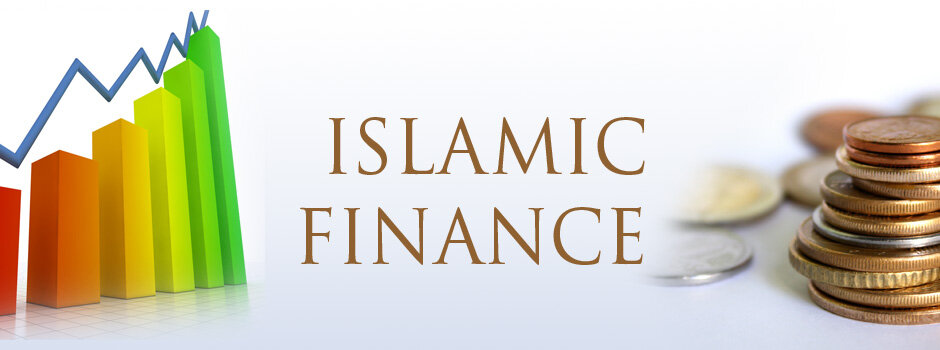Zakat is the obligatory annual tax on certain types of assets for Muslims who possess Nisab. Zakat is one of the five pillars of Islam, and in terms of importance, it stands immediately after the pillar of performing the five daily prayers.
Zakat represents more than just a tax; it is a crucial socio-economic pillar of Islam. Zakat is an act of worship that not only purifies the heart from greed and cleanses one's wealth but also awakens mercy in people's souls. Its primary purpose is to strengthen the ideals of justice within the Muslim society, addressing various aspects of daily life, such as combating poverty, enhancing brotherhood among Muslims, promoting social solidarity, fostering generosity, and purifying the heart from greed and stinginess. This mandatory tax blesses a Muslim's material well-being and safeguards them from hardships and diseases. Various charitable organizations specializing in collecting and distributing Zakat operate in different Muslim countries.
It is essential to clearly distinguish between two concepts: "Zakat" and "Sadaqah." Zakat is an obligation to society in Islam, while Sadaqah is a voluntary act of charity left to the discretion of the believer. The amount and conditions for Zakat payments are determined by Shariah and are made annually when the Zakat-liable assets reach the Nisab threshold. In contrast, a Muslim can give Sadaqah at their own discretion, at any time and in any amount. Misunderstanding this difference can have significant consequences: first, people might neglect Sadaqah, relying solely on Zakat as a form of "charity"; second, the misuse of Zakat if it is seen as ordinary charity can lead to its improper utilization.
The amount of Zakat is two and a half percent (or one fortieth) of the Zakat-liable assets of a Muslim upon reaching the Nisab threshold. It is distributed to those in need, whose categories are defined in the Quran. According to Sharia, Zakat-liable assets include silver, gold, large and small livestock, camels, trade goods, fruits and dates, grapes, grains, and more. Zakat plays a pivotal role in maintaining justice and social stability in Muslim society, providing resources to those in need and ensuring the fair distribution of wealth among all community members.










